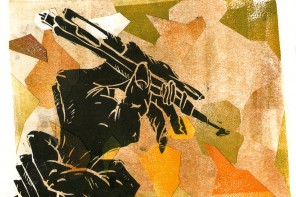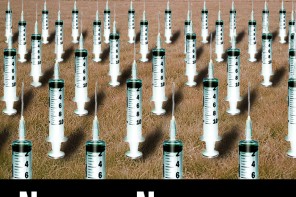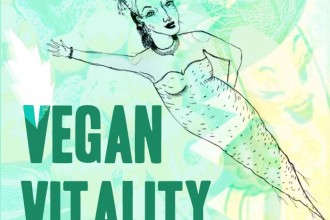Brazilians are used to saying that the country could be the best in the world for them, if there weren’t so many flaws—like a great amount of social unfairness and bad public services. The country is huge, the fifth biggest in the world, so it can’t be easy to rule. But it’s really overwhelming to see that great things could be accomplished if politicians made better decisions. It seems that lately, thanks to a protest regarding public transportation, Brazilians suddenyl have a new hope for their future.
The atmosphere in Brazil is a mix of rage and excitement. São Paulo, where I live, is the most relevant city in Latin America, economically speaking. There are more than 3.5 million people using public transportation every day. Most of them work far from their homes and live with a low income. These people are used to spending more than one hour every day just to get to work. They get up early and squeeze onto a crowded train (sometimes resulting in physical harm to the passengers), in hopes of getting there on time. And if they decide to take the bus, not only can the wait last over forty minutes, but also the car will normally arrive full of people—I mean, really FULL of people—and it’s gonna be hell if the driver decides to drive like he’s in Grand Theft Auto, making turns that will simply make your stomach shake. So now you have the picture. This is what happens every day.
Less than a month ago, the mayor announced that the passenger tickets, that used to cost R$ 3, would now be 20 cents more expensive. The tiring daily journey to work, the escalating violence, the traditional corruption, the high cost of living here… Everything blew up in a second. A movement called MPL (Free Ticket Movement) decided to take to the streets to say what many people wanted to say: that the old price was already an outrage and the new one was simply absurd. But thanks to those who took advantage from the act and lead their own personal riot, you could hear people saying that destroying what citizens use was just a stupid way to protest. Many were complaining about the traffic, which is already awful, and the two most important newspapers in the city were undoubtedly in favor of a repressive power by the military police. During the fifth act, on June 13th, things were still tense, but the vandals were fewer in number and those who had a clearer objective and common sense showed what most people really wanted: to protest and not to harm. That didn’t matter for the police, who are not exactly used to handling actions like that. Pepper spray and a massive use of the truncheons didn’t seem to scare people, so they started taking those who carried vinegar in their backpacks (to protect themselves from tear gas) and a different approach was seen, arbitrary and totally out of context. People who were carrying flowers, showing some signs or simply yelling, turned out to be an easy target for tear gas and rubber bullets.
More than two hundred people were arrested, many of them charged by false pretext. All around the conflict, journalists just couldn’t work. Many were attacked and two of them were shot in the eye. The next day, the images were terrifying and invaded the internet, showing the excessive violence by the police and doing exactly what the government didn’t want to: make many more people sympathize with the cause. Most of them didn’t really believe in free-ticket, didn’t need to use the public transportation and never had the actual will of going to the streets to say something. But they knew they had to guarantee their right to do so without being oppressed by the police. We were really pissed off. Needless to say, the next act took more than 100,000 people to the streets, in different spots of the city. Unfortunately, our ‘official’ sources don’t seem very good at counting crowds. I wish I could tell you a more precise number. But the fact is that we wanted to be heard, for many reasons. And the cost of transportation is just the tip of the iceberg—while the World Cup is all some people can think about, especially those who get their money from it.
On June 17th, after the police showed what they were capable of, things seemed beautiful. Our most important avenue was full and it was a happy night. But a bittersweet feeling woke us up (by ‘us’ I mean those who, like me, are not fully convinced that Brazilians are free from media and government manipulation) and we were eager to see how things were covered by the news. It turned out that part of the activists tried to break into the Government’s Palace, followed by a huge mess in front of the City Council on the next day, while a massive number of people tried to stop them. The police, that were so criticized before, did nothing but watch this time. Meanwhile, on Facebook, all sorts of activists were discussing about the presence of parties in the protests, some of them trying to include more themes to the protests or just celebrating after they found out they had a voice and there were people thinking like them.
Last week, the mayor and the governor announced that the ticket is back on its initial price. That’s not enough. We know that there is still a lot do, and that’s why protests are not through yet. Our president is talking about a political reform. We have to be cautious and smart enough to learn from what happened. But I’m glad that the discussion is between us, even though we’re flooded with information every day and things are still tense in many other states. We’re finally thinking and doing something about it, and it feels good.







